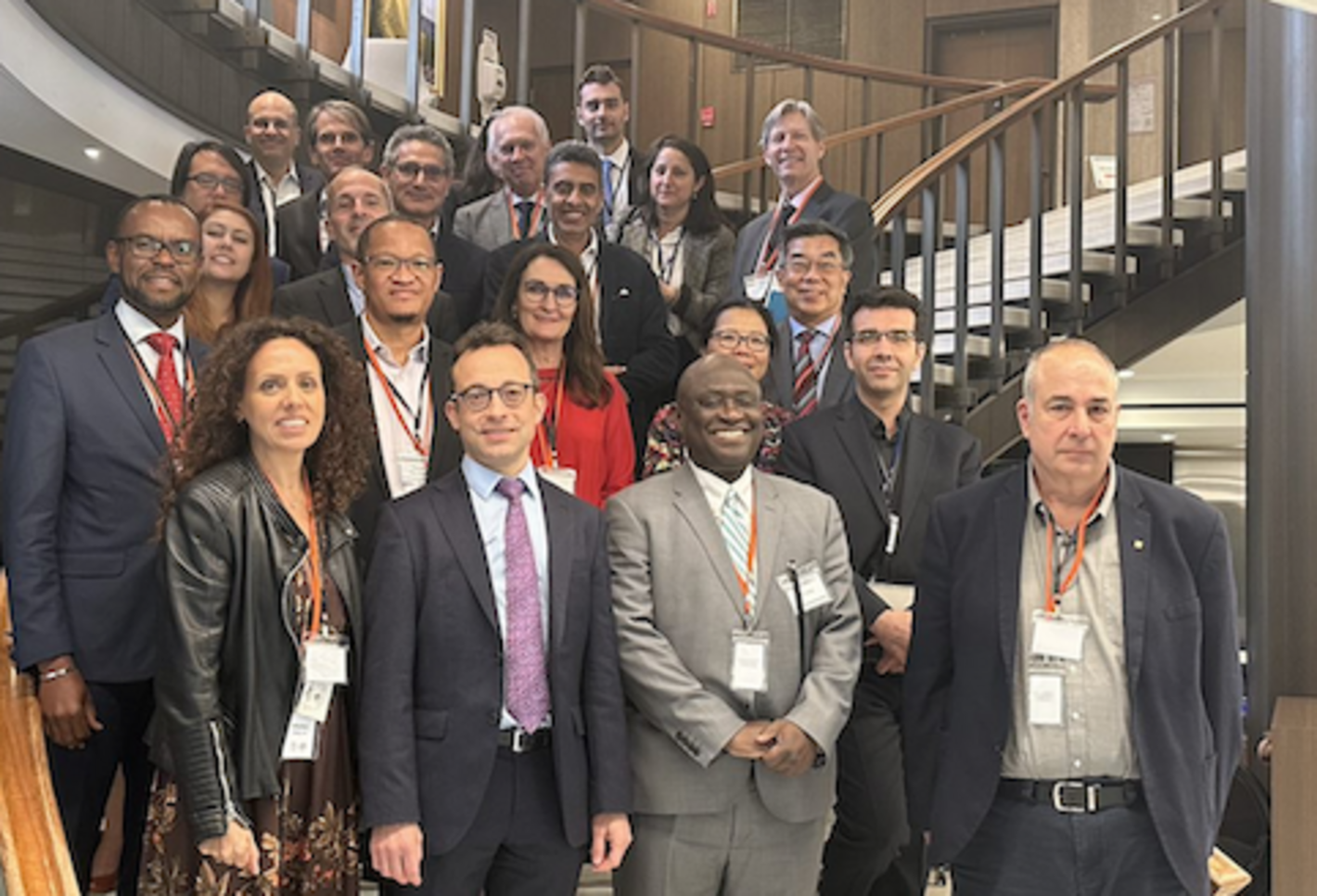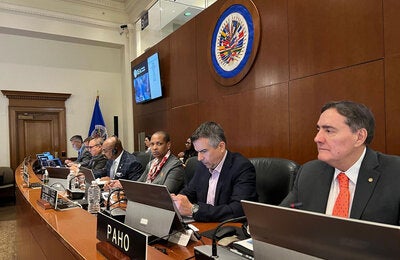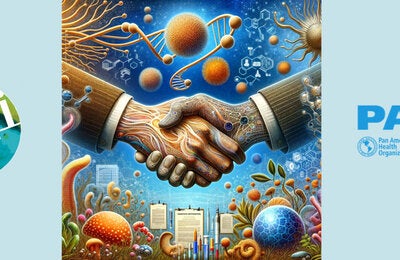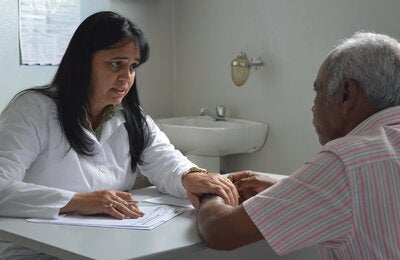
Meeting of the WHO mRNA Technology Transfer Programme to discuss investment opportunities with multilateral development banks, hosted by PAHO.
Washington, DC - April 17, 2024 - (PAHO)- The Pan American Health Organization (PAHO) hosted a meeting of the WHO mRNA Technology Transfer Programme, with the participation of the fifteen mRNA programme members and major multilateral development banks. This event is part of the global effort to strengthen vaccine manufacturing capacity in LMICs, as well as a key platform for stakeholders to explore investment opportunities.
The meeting contributed to promoting alliances and fostering bridges between funding and manufacturing institutions, to build a future where developing countries are not only prepared for future crises but become leaders in innovative solutions for global public health.
In her opening words, Judit Rius Sanjuan, Director of PAHO’s Department on Innovation, Access to Medicines and Health Technologies, highlighted PAHO’s efforts in innovation and production towards fostering regional collaboration an promoting equity in acccess.
Rius Sanjuan referred to current PAHO’s project in Argentina, where a partnership has been formed with Sinergium Biotech, one of the programme partners, and ANLIS, a public producer, to establish a national mRNA vaccine production ecosystem. The partnership -ensures that during public health emergencies, there will be access to real-time vaccine production to countries in the Region through the Revolving Fund at production cost-linked prices. Also mentioned the ongoing project in Brazil with BioManguinhos/FIOCRUZ to support pre-clinical trials for an mRNA vaccine, whose technology might be licensed to regional manufacturers in LMIC at no cost if studies are successful. Both manufacturers from the region and members of the mRNA program, were part of the meeting.
Regarding investment opportunities in the region, Rius Sanjuan stated that it is not possible to achieve sustainability without rethinking how technology development projects as well as policy ecosystems that promote innovation and production in LMICs are financed.
Claudia Nannei, Senior Programme Manager at WHO, mentioned that the WHO mRNA Technology Transfer Programme facilitates that countries and partners participating acquire know-how for mRNA vaccines production; facilities will have to produce both pandemic and non-pandemic products to ensure sustainability in the long term. PAHO and WHO are promoting South-South collaboration to undertake R&D of vaccines. Know-how developed under these collaborations is to be shared freely with mRNA Programme partners.
This activity had support from Global Affairs Canada (GAC).



